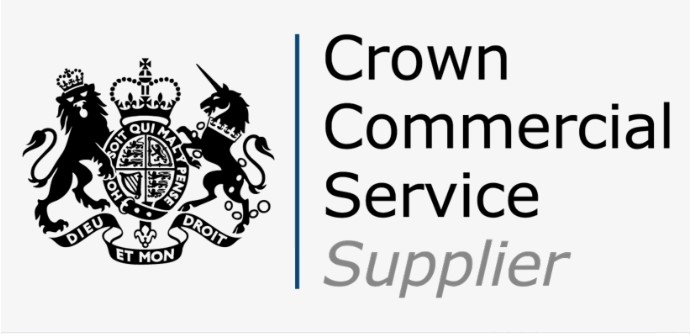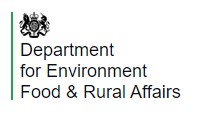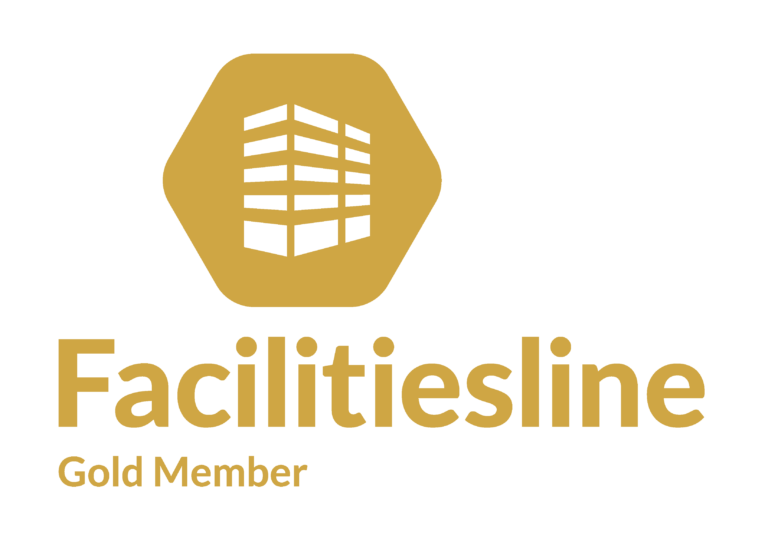Transporting / Moving Prohibited Plants, Plant Pests, Pathogens and Soil into the UK or Within The UK
Before attempting to transport prohibited plants, plant pests, pathogens and soil into or within the United Kingdom, you need to apply to the Animal and Plant Health Agency (APHA) for a license.
Your application must include the following details:
- place of origin of the material
- quantity of the material
- number of consignments of the material and quantity per consignment
- duration of the work on the specified material
- summary of the nature and objectives of the work
- packaging conditions under which the material will be moved or imported
- final use of the specified material on completion of the work, for example, destruction, collection, storage or * release (release is only applicable to plants)
- method of destruction or treatment of the material on completion of the work
- standard operating procedure (SOP) including contact details for your consignor (supplier).
- List of personnel who will be working with the licensed material
Your standard operating procedure (SOP) should include:
- site security
- record-keeping and labelling
- the layout of your facilities
- the procedures you’ll follow during experiments
Site security
You must confirm:
- all areas containing quarantine material are kept locked
- the names of anyone who has access to quarantine areas or a set of keys
- how you label quarantine areas
- that all authorised personnel will read and sign a standard operating procedure before starting work with licensed material
Record-keeping and labelling
You must describe how you’ll:
- keep dated records when new material arrives and how you’ll move or dispose of existing licensed material
- label or distinguish licensed material at all stages of your experiments
- move or dispose of existing specified material
Your facilities
You must:
- describe the type of containment facility you’ll use, for example glasshouses, polytunnels, laboratories
- describe the location of containment facilities on your premises – give room numbers or a geographic location relative to a named or numbered area and make a plan of your facility if possible
- give details of how often authorised staff enter the containment facilities
- describe how much material you’ll keep in containment facilities at a given time
- describe how you’ll keep licensed material within 3 layers of secure containment to stop plant pests escaping
- state the other material that will arrive with the licensed material (for example soil) and how you’ll handle it or dispose of it
- state whether you’ll keep licensed and non-licensed material in the same containment facilities
- describe the type of work you’ll carry out in each area of your site
- describe the containers you’ll grow plants in, if the licensed material includes plants for planting
- describe the traps you’ll use to detect the escape of licensed organisms
- provide a detailed contingency plan you’ll use if organisms escape or if you suspect they’ve escaped
Your experimental procedures
You must also state:
- how you’ll carry out your experiments – give a step by step description of every experiment you intend to do
- whether workers will wear dedicated protective clothing that’s only used when working on licensed material and how you’ll clean it after use
- the precautions you’ll take when transporting material between containment facilities during experiments
- the disinfectants you’ll use to clean containment facilities, their concentration and how you’ll use them
- how you’ll destroy the licensed material after you’ve finished working with it, and before you dispose of it
- a list of the scientific and technical qualifications of all personnel who’ll do work under the licence you’re applying for
Moving Prohibited Plants, Plant Pests, Pathogens and Soil Consignments within England and Wales
You must follow certain rules to send and receive material from other sites within England and Wales.
Sending Prohibited Plants, Plant Pests, Pathogens and Soil Material to Other Sites
You can send licensed prohibited material to other people or organisations in England and Wales, provided the destination site or person has a licence to receive them.
Complete the PHI 10 form and send it to APHA – if they approve your plan, they’ll send you a written agreement.
This written agreement is valid for 12 months, provided the recipient’s licence isn’t amended or cancelled in this time.
If the recipient changes the terms of their licence, you’ll have to contact APHA for a new approval.
Receiving Prohibited Plants, Plant Pests, Pathogens and Soil Material From Other Sites
You must have a licence to receive prohibited material from other people or organisations in England and Wales.
You must also make sure your supplier has a licence and a written agreement from APHA.
Receiving Prohibited Plants, Plant Pests, Pathogens and Soil Material From Outbreak Sites
You can only receive material from an outbreak site that’s under an APHA notice if the notice allows this.
You must have a licence to hold and work with any material you receive.
Bringing Prohibited Plants, Plant Pests, Pathogens and Soil Material in From Other Countries
If you get a licence to bring prohibited material in from overseas, it will have a ‘letter of authority’ attached – you must keep this letter
Letters of authority are valid for 1 calendar year (1 January to 31 December). APHA issue a new letter of authority each year and charge you for this.
Importing Prohibited Plants, Plant Pests, Pathogens and Soil Material
Follow these steps to import prohibited material into England and Wales under a licence:
- Send a copy of your letter of authority to the supplier.
- Ask your supplier to get your letter of authority endorsed by the National Plant Protection Organisation (NPPO) in their country.
- Ask your supplier to attach the letter to the outside of the package and include a copy inside each package.
If you’re importing material in luggage, you must present it at the red customs channel, along with the appropriate letter of authority, when you arrive in England or Wales.
Exporting Prohibited Plants, Plant Pests, Pathogens and Soil Material to Other Countries
There are different rules you must follow to export material to countries in the EU and to other non-EU third countries.
Exporting material to EU countries
Follow these steps to send prohibited material to EU countries:
- Ask the recipient for a copy of their letter of authority.
- Send the letter of authority to APHA to be endorsed.
- Attach your endorsed letter of authority to the outside of all packages before you export them. You should also include a copy inside the packaging.
If the recipient tells you that you don’t need a letter of authority, ask them to show you official confirmation of this from their NPPO or SASA for Scotland and DAERA for Northern Ireland.
You shouldn’t send your material until you’ve got this confirmation.
Exporting Prohibited Plants, Plant Pests, Pathogens and Soil Material to Non-EU Third Countries
To export material to non-EU third countries, you must comply with the import regulations in the destination country.
UKFMC may be able to give you advice about import regulations in the destination country.
How to pack Prohibited Plants, Plant Pests, Pathogens and Soil Materials
You must make sure any prohibited material you’re moving under a licence is stored in 3 layers of packaging.
At least 1 of the layers must be escape and shatter-proof.
Transport, handling and storage
You must make sure you have licensed material transported to your authorised containment facility directly from the place of landing or the licensed establishment in England and Wales.
You must only open, handle and keep licensed material in the approved quarantine containment facility listed on your licence.
Inspections
You must make all licensed material available for inspection by your local APHA inspector.
You must allow the inspector to check how you’re keeping the material – they may take samples of material or any associated organisms, for example invertebrates.
You must contact APHA on the first working day after a consignment of plants arrives to inform them of any plants you’ve received under licence.
Keep the plants in isolation until APHA has inspected them.
At UK Facilities Management & Consultancy (UKFMC), we can advise on the disposal of all types of specialist waste, including licensing requirement for transporting Prohibited Plants, Plant Pests, Pathogens and Soil Into the UK Or Within The UK.
Available under the Open Government Licence v3.0.







